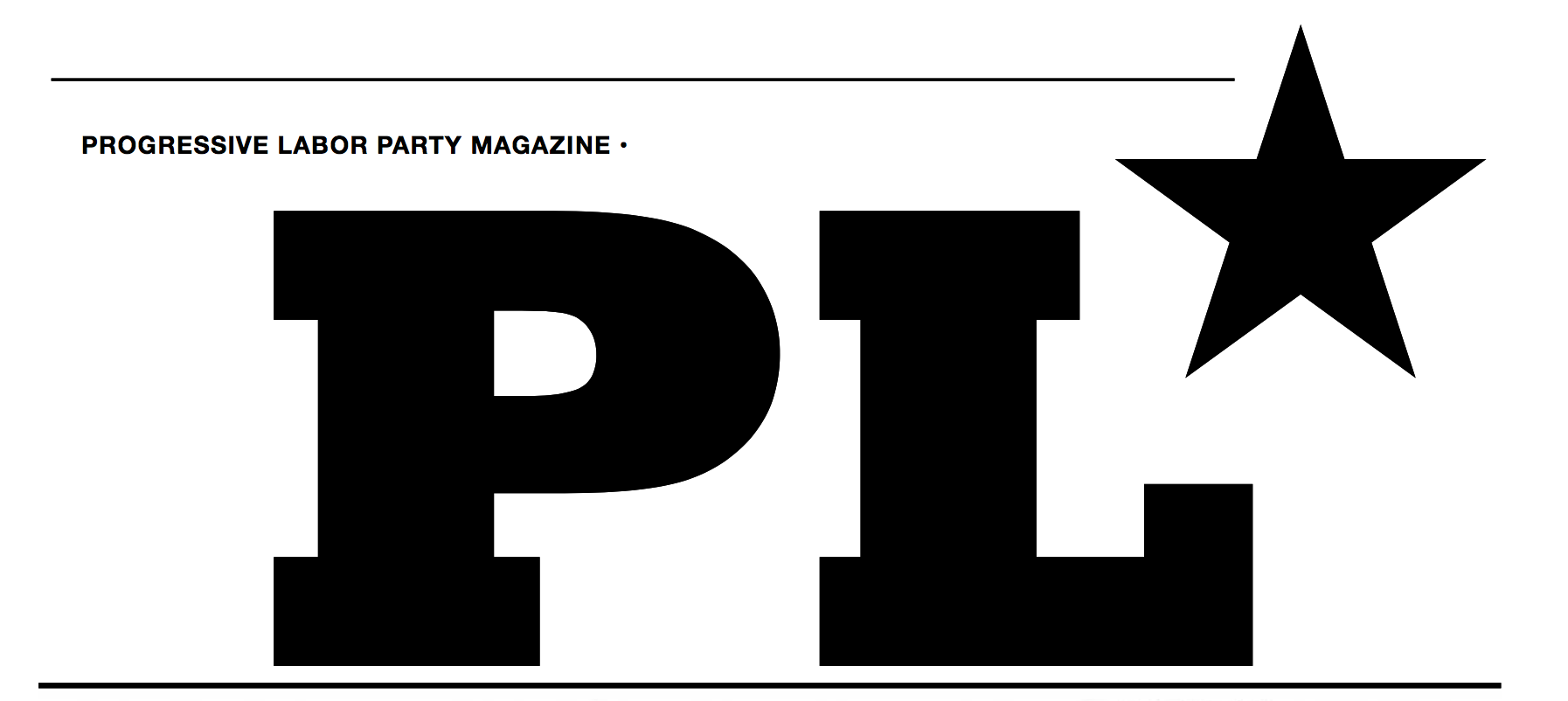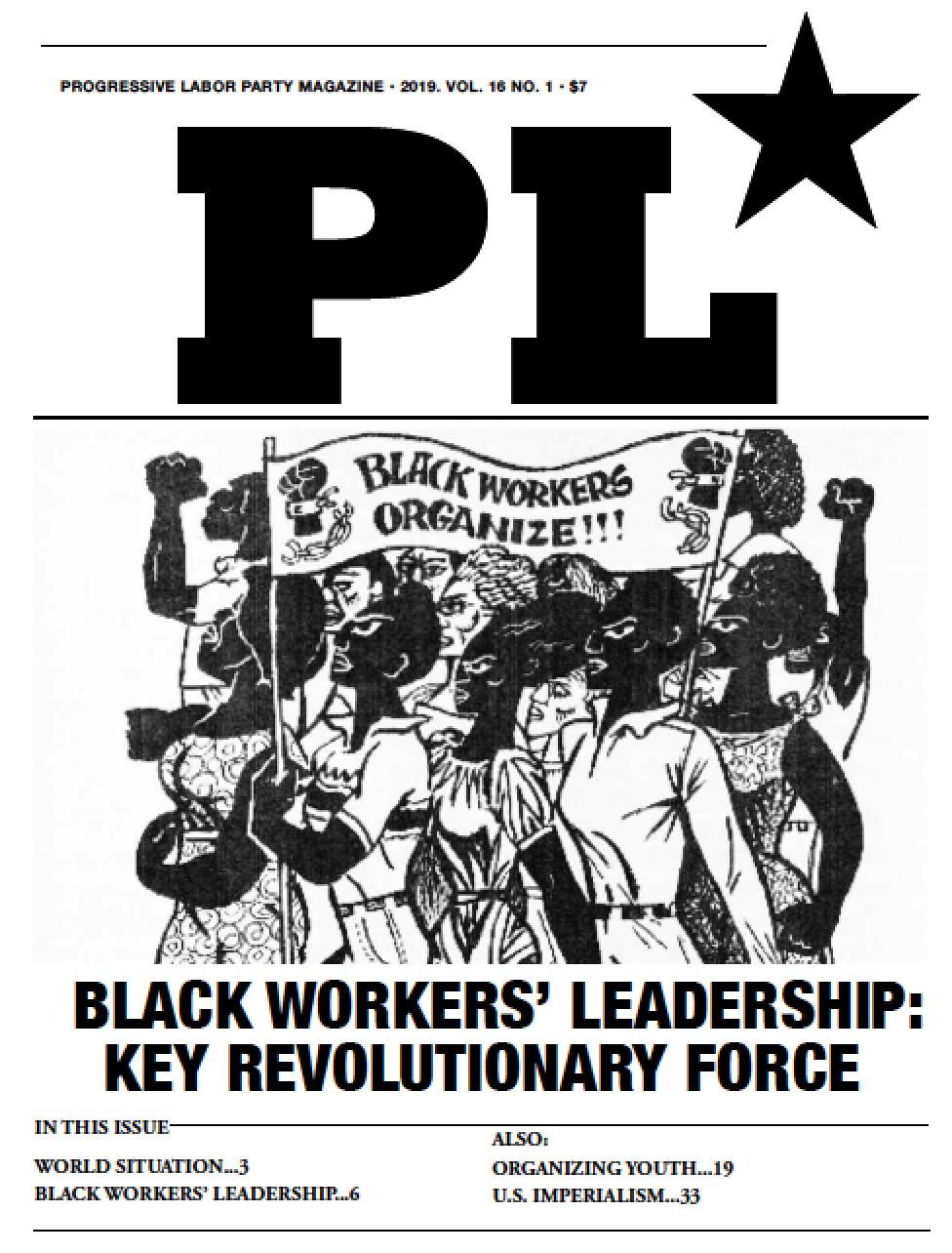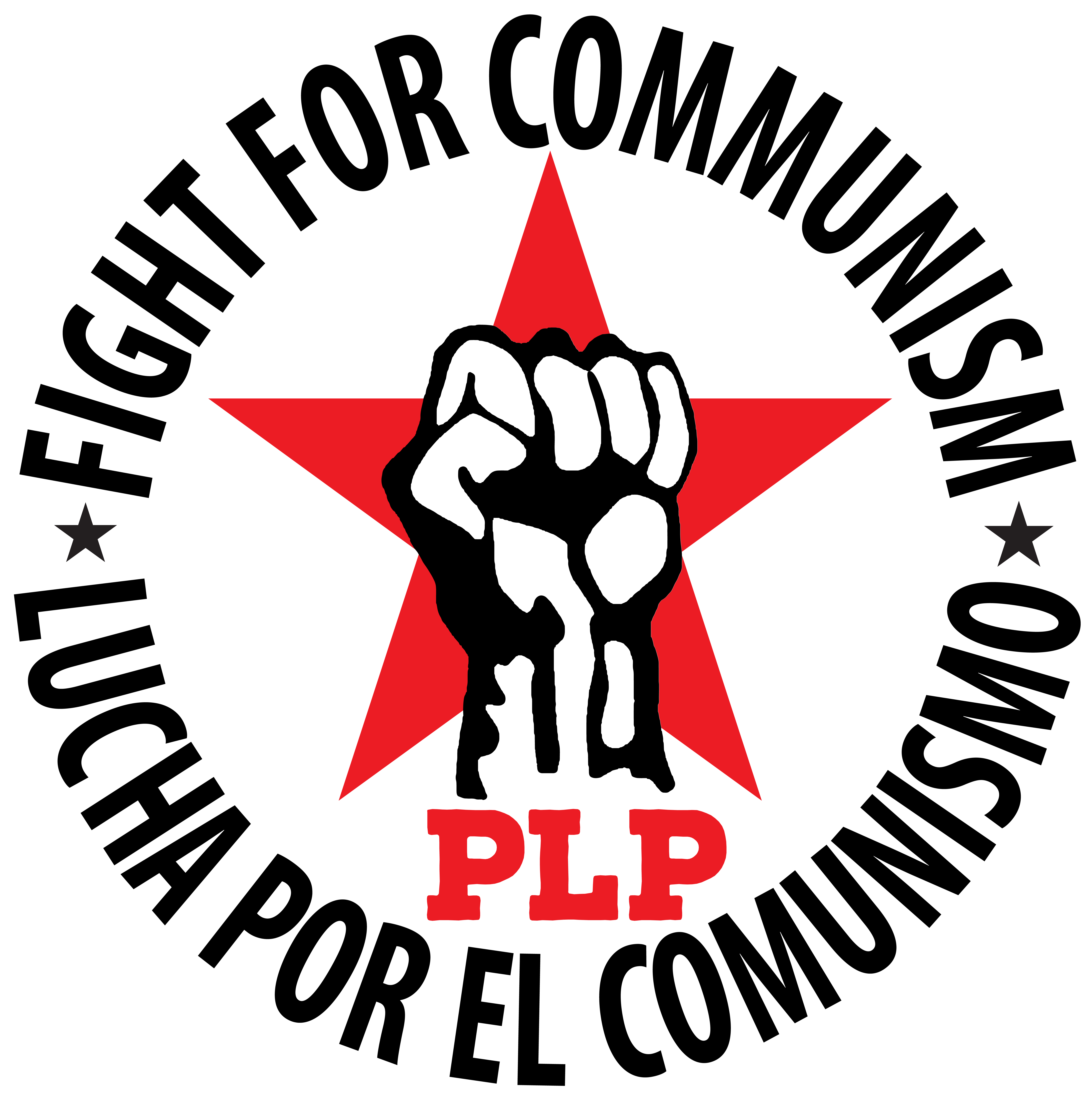Sri Lanka: inflamed by crisis, caught in rivalry
 Monday, July 25, 2022 at 6:56PM
Monday, July 25, 2022 at 6:56PM Suffering from the worst shortages of gas and fuel, food, and medicine not seen since independence in 1948, workers and students in Sri Lanka rebelled. Many hundreds of thousands joined a protest movement demanding the ouster of the ruling Rajapaksa family. When president Gotabaya Rajapaksa refused to resign, protesters stormed the Presidential palace, occupying the extravagant grounds and chasing him out of the country. Workers even took a swim in the presidential pool.
The new president is now-former prime minister Ranil Wickremesing, whose official residence was burned down after over 100,000 protesters surrounded the mansion (CNN, 7/13). Working class rebellion is a good thing.
This system is getting worse each day. Fighting back is the only way to change it. Long-term victory means going beyond rebellion or demands for different capitalists to be put in power. It requires us to organize to build a communist movement with the outlook of putting the working class in power.
Workers bear the burden of the bosses’crisis
The capitalist crisis in Sri Lanka is a warning sign for the rest of South Asia; The Maldives, Bangladesh, and Pakistan’s economies are on the brink. This crisis is exposing the weakness that was hiding under the surface of the world’s capitalist economies.
Capitalism has never worked. Even though the capitalists considered Sri Lanka a success story, the working class here has lived in poverty even before the current crisis. In 2020 the per capita income was about $1300/year (ceicdata.com).
The crisis was caused by three main factors. The Sri Lankan bosses have relied on massive borrowing from the big imperialists and used the money they made from tourism to pay off what they owed. The combination of terrorist attacks and the pandemic gutted the tourist industry around the globe and Sri Lanka lost its main source of profits (Washington Post, 7/9).
The second factor was the ravenous profit motive of the Sri Lankan ruling class, dominated by the Rajapaksa family. Just before the pandemic hit, Sri Lanka’s short-sighted bosses gave themselves a massive tax cut that increased their profits at the expense of the working class (Washington Post, 7/9).
The third factor is the overall crisis of capitalism that is affecting the working class in every country. The combination of the pandemic and now the U.S.-led sanctions against Russia have set off inflation in the country currently at over 50 percent. On top of that it’s nearly impossible to get fuel for cars or cooking and electricity has been severely cut (Reuters, 7/7). The World Food Program reported that 86% of families were either skipping meals, eating less or buying worse foods (NPR, 7/20).
Sri Lanka’s importance in inter-imperialist rivalry
The island country is at an important location in the Indian Ocean and equidistant in the east-west maritime corridor; it’s at the crossroads of busy shipping routes. Since Sri Lanka’s initiation into China’s Belt & Road Initiative (BRI) in 2013, it has entangled itself in the regional and global rivalry between Japan, India, the U.S. and China.
In 2017, China took over the strategic port Hambantota in India’s backyard (CNBC, 12/13/17). India, the regional imperialist, needs Sri Lanka in its sphere of influence, which is aligned with the U.S.-led liberal order post World War II.
However, China has been expanding its imperialist tentacles via “debt traps” and infrastructure investments. Not only did Sri Lanka built its minimally-used Rajapaksa International Airport from China’s loans and started the The Port City project in Colombo, the two countries also share a military relationship. “China’s influence…has grown exponentially in the last 15 years as President Gotabaya Rajapaksa and his brother Mahinda…became a dominant force in Sri Lankan politics” (Voa News, 6/10).
So why is China not committing to approve new loans to Sri Lanka right now as the small country is asking for a bailout from the International Monetary Fund? Well, “China appears to be shifting its strategic focus toward Southeast Asia and Africa” (Voa News, 6/10).
All capitalists, big and small, function under the rule of competition. Sri Lanka’s economic crisis is an opportunity for India to regain some influence. India provided around $3.5 billion as credit, and shipped fuel, food, and fertilizers recently. “After the initial credit line…both countries in January agreed to jointly operate 61 giant oil tanks…For over 30 years, India has been trying to access the British-era facility which will enable it to store strategic oil reserves” (BBC, 7/19).
At the moment, it seems that the ruling Rajapaksa family is aligned closer to China, and the U.S. news coverage of the rebellion has been largely positive. The movement has drawn countless protesters to the capital of Colombo to demand larger reforms. The dangers of this movement include what the working class of Sri Lanka is intimately familiar with: nationalism and identity politics. While it’s unclear which faction of bosses are backing the movement, one thing is certain: short of an international communist revolution that rejects all the bosses—local, regional, and global—the working class in Sri Lanka will become a pawn in the bosses’ games as they prepare for larger conflict.
As the global capitalist crisis infects more and more economies, there is only war and fascism headed for our class. Caught in the imperialist crosshairs, Sri Lanka aims to play both sides in an increasingly volatile world order where the working class will pay the ultimate price. While Sri Lankan bosses have tried to “remain neutral” on the war in Europe, this will be harder to do as imperialist contradictions sharpen. The country’s desperation for supplies has pushed it to buy oil from Russia. “There is an advantage…if we could buy [discounted] oil directly from [Russia],” said Power and Energy Minister Kanchana Wijesekera (AP, 6/27). This is an illustration of the deterioration of the U.S.-led liberal order (see editorial, page 2). Let’s be clear: there is no loyalty among thieves, which is what bosses of all stripes are.
The heroism of the working class is inspiring
The protest movement includes students and workers, including some from less-oppressed sectors of our class. The storming of the presidential palace was inspiring and a lesson that the working class has the potential to not only beat the bosses, but also run a communist world. To achieve something beyond a new set of bosses replacing the old ones requires a movement that is looking to get rid of an entire system. The only way workers in Sri Lanka can escape this imperialist death sentence is to go beyond reformist militancy and fight for communist revolution.
 asia,
asia,  south asia
south asia 




 Progressive Labor Party (PLP) fights to destroy capitalism and the dictatorship of the capitalist class. We organize workers, soldiers and youth into a revolutionary movement for communism.
Progressive Labor Party (PLP) fights to destroy capitalism and the dictatorship of the capitalist class. We organize workers, soldiers and youth into a revolutionary movement for communism.




Reader Comments